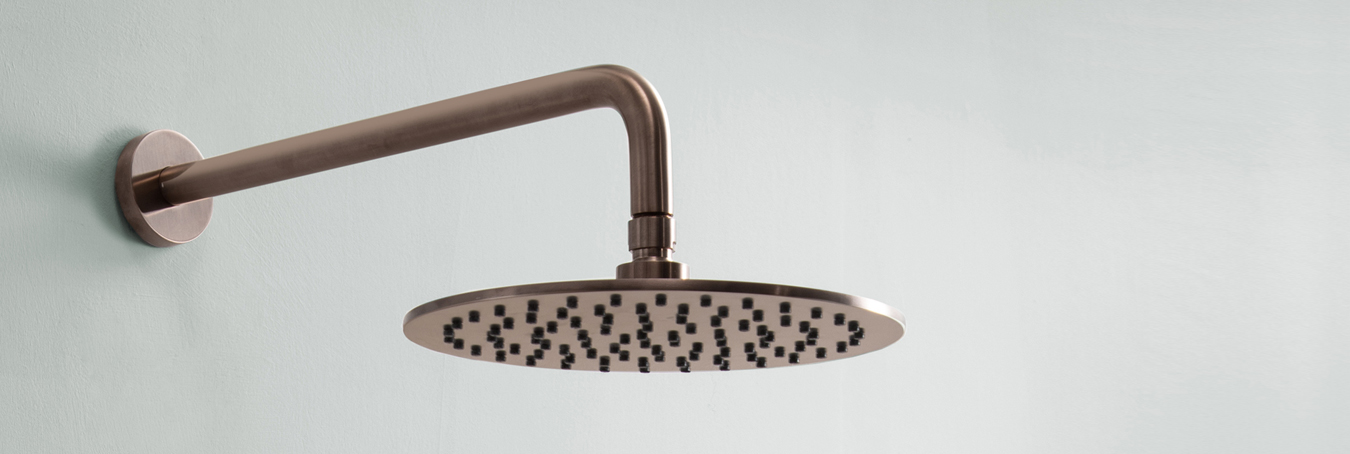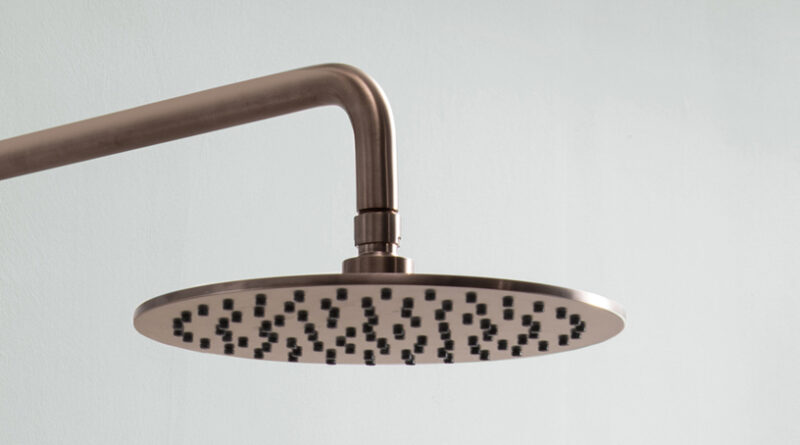Shower Panels The Pros and the Cons
Shower panels, also known as shower towers or shower columns, offer several advantages and disadvantages. Here are some key points to consider:
Advantages of Shower Panels
- All-in-One Solution: Shower panels integrate multiple shower features into a single unit, including showerheads, body jets, hand showers, and even built-in shelves or soap dispensers. This consolidated design provides convenience and functionality, as you can access various shower functions without the need for separate installations.
- Customizable Shower Experience: Shower panels often offer adjustable settings for different water pressures, spray patterns, and temperature controls. This allows you to personalize your shower experience according to your preferences, providing versatility and flexibility.
- Easy Installation: Installing a shower panel is generally easier compared to traditional shower setups that require separate plumbing for each component. Shower panels typically come with installation instructions and can be connected to existing water supply lines, simplifying the installation process.
- Space-Saving Design: Shower panels are designed to maximize space utilization in the shower area. They usually have a sleek, vertical construction that takes up minimal wall space, making them suitable for bathrooms with limited room.
- Modern and Aesthetic Appeal: Shower panels often feature a contemporary design with sleek finishes like stainless steel or tempered glass. They can add a modern and stylish touch to your bathroom design, enhancing its visual appeal.
Disadvantages of Shower Panels
-
-
- Cost: Shower panels can be more expensive compared to traditional shower setups, especially models with advanced features and high-end materials. The initial investment might be higher, making them less budget-friendly for some individuals.Limited Customization: While shower panels offer adjustable settings, the customization options may not be as extensive as individual shower components. If you prefer highly specialized shower experiences or specific showerhead configurations, a shower panel might not meet all your preferences.Dependency on Panel Functionality: In the event of a malfunction or damage to the shower panel, the entire unit may require repair or replacement. This differs from traditional setups where individual components can be replaced separately. Restricted Renovation Options: If you wish to change the showerhead or upgrade specific components in the future, the integrated design of a shower panel may limit your renovation options. Modifying or replacing individual parts might not be as straightforward as with traditional setups Compatibility: It’s important to ensure that the shower panel is compatible with your existing plumbing and water pressure. In some cases, additional adjustments or modifications may be required for proper installation.
-
Consider these advantages and disadvantages to determine if a shower panel aligns with your preferences, budget, and bathroom requirements. Evaluating your specific needs and weighing the pros and cons will help you make an informed decision about whether a shower panel is the right choice for you.


